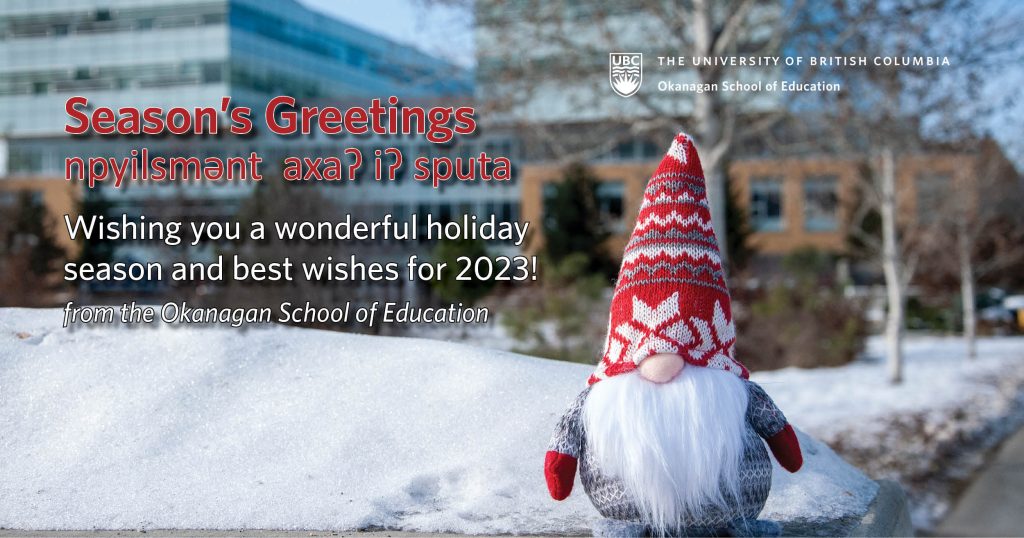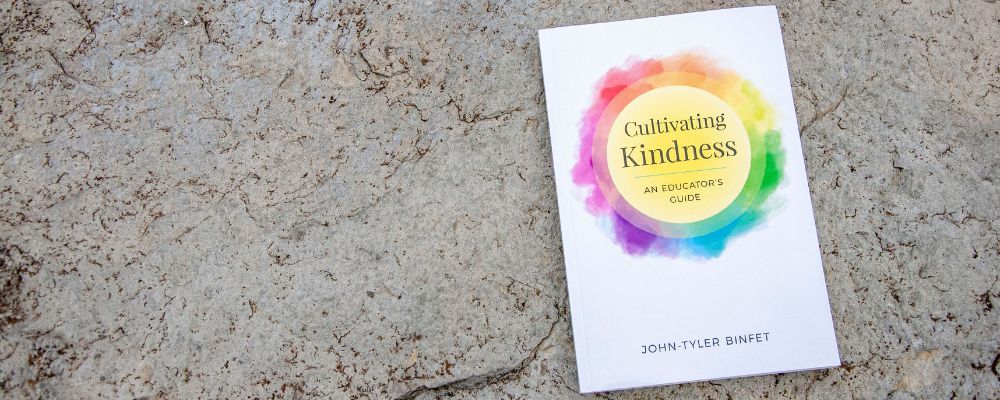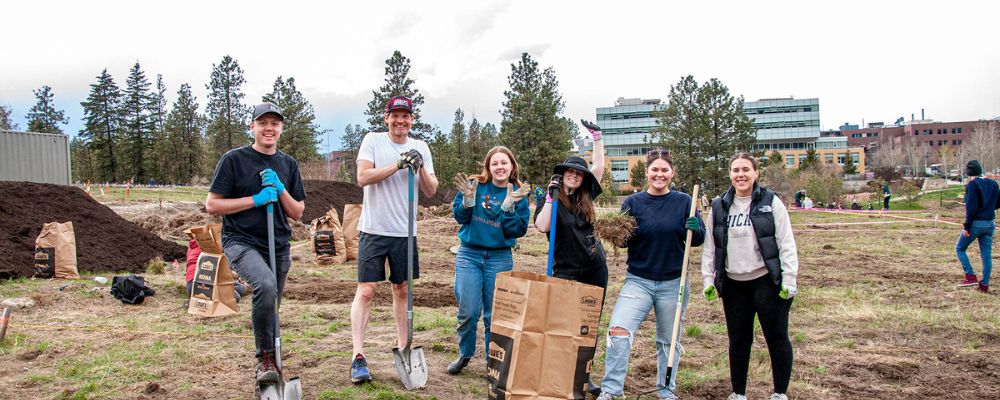
International Day of Biological Diversity (May 22) recognizes the importance of a rich, healthy and vibrant ecosystem. This year’s theme is “from agreement to action: build back biodiversity.” The slogan aims to build upon the Kunming-Montreal Global Biodiversity Framework agreement, signed in December 2022, that sets goals and outlines measures to “reverse the loss of nature by 2050.”
Locally, Dr. Sumer Seiki and UBC Okanagan teacher candidates have undertaken a massive PROSPERS (Preserving and Restoring Okanagan Syilx Plants and Endangered Regional Seeds) project on campus to transform an unused field area into a rich biodiverse space for native plants.
“In BC, invasive weeds have taken over a lot of the grasslands, and it’s quite a big problem” says Dr. Seiki. “BC is a biodiversity hotspot — it’s climate, it’s species richness, the diversity of different species that live here all impact the ecosystem health. We have different plant species that are then eaten by herbivores who then have carnivores that feed on them, so there is this complex and dynamic ecosystem structure that is now seeing massive changes.”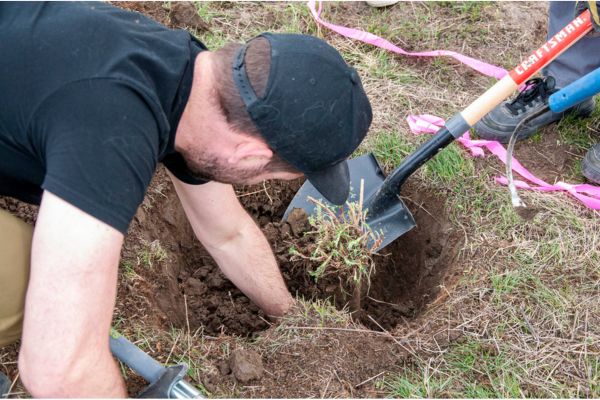
Seiki further explained how it’s not only the invasive weeds that are impacting the grasslands, but also the shift in development as cities are building further out and into wildlife corridors.
After transforming over 28,000 square feet of invasive weed land into field plots and dividing into teams, teacher candidates used the Seek app by iNaturalist to map out the area and identify plants.
“The candidates categorized the plants, and pulled out the invasive weeds,” says Dr. Seiki. “This was a big undertaking as they had to dig deep to remove the weeds at the root level.”
Finally, after laying down a layer of compost to aid in water absorption, they spread a mix of native seeds containing grasses and wildflowers that were crafted by Joshua Smith from Xen Xeriscape Endemic Nursery & Ecological Solutions.
“The work the candidates did in only seven days has made, and will continue to make, positive climate change gains,” says Dr. Seiki. “Over the course of a year, the native grassland plot and plants in the Syilx and Okanagan Native Seed Garden capture about half a ton of carbon. Native plants have the added benefit of storing carbon in the soil because of their long, intricate root systems and their symbiotic relationships with fungi. It’s a significant contribution to our global health and reducing our carbon footprint.”
Another benefit of planting native species is that they are acclimatized to the arid area — meaning they can tolerate the high and low temperatures, and don’t require as much watering.
For individuals interested in learning more about native plant species there are a variety of resources, including but not limited to:
- BC Government Resources on biodiversity, ecosystems, plants and fungi, and invasive species
- Okanagan Xeriscape Association
- Native Plant Societies
- Xen Xeriscape Endemic Nursery & Ecological Solutions
- Invasive Species Council of BC – the month of May is Invasive Species Month
This ecological restoration work was made possible by a grant received from the Faculty of Education Equity, Diversity and Inclusion fund.
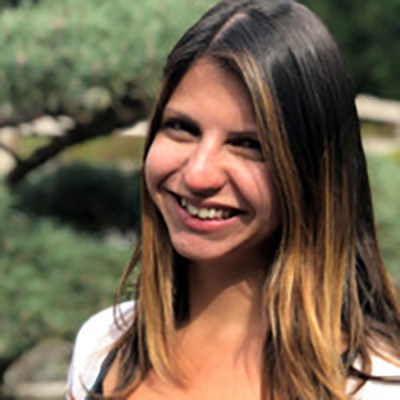
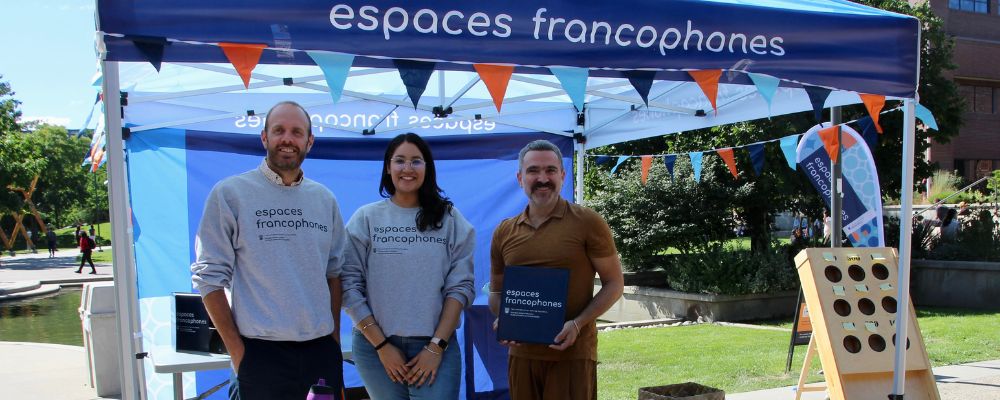
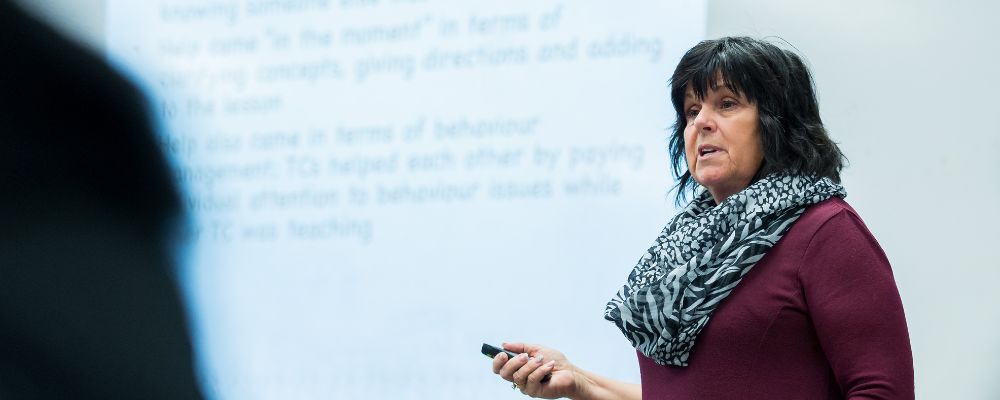
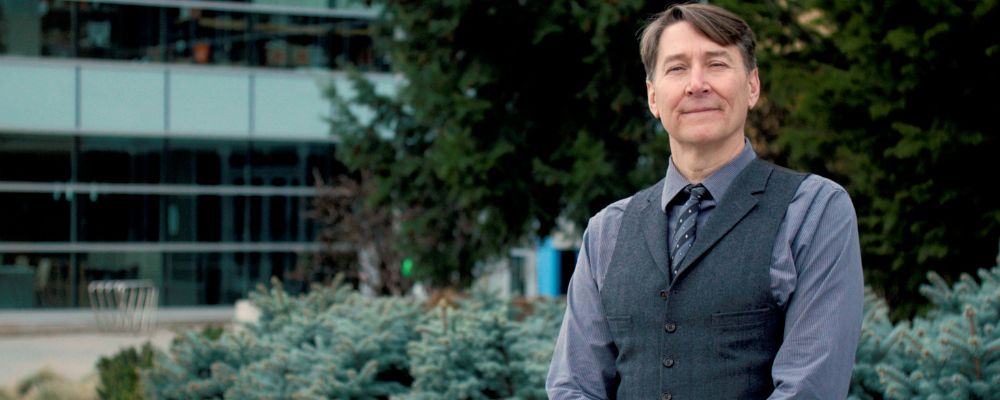
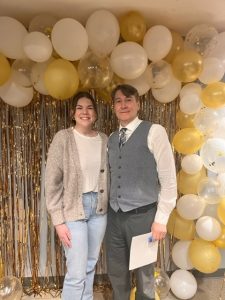
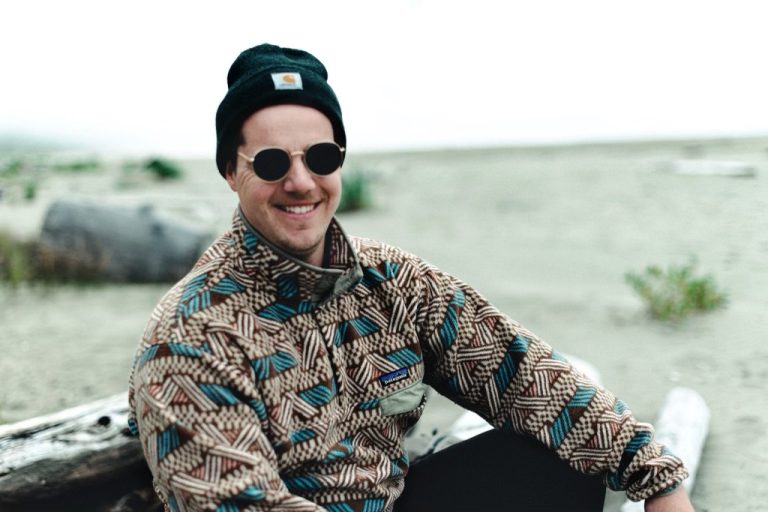

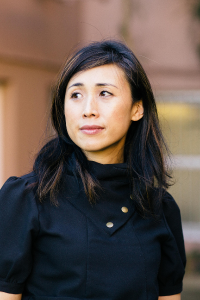 Dr. Seiki considers herself a botanist. Along with a white lab coat, she also uses gardening gloves. Her passion for biology is rooted in an appreciation for plants and gardening.
Dr. Seiki considers herself a botanist. Along with a white lab coat, she also uses gardening gloves. Her passion for biology is rooted in an appreciation for plants and gardening.